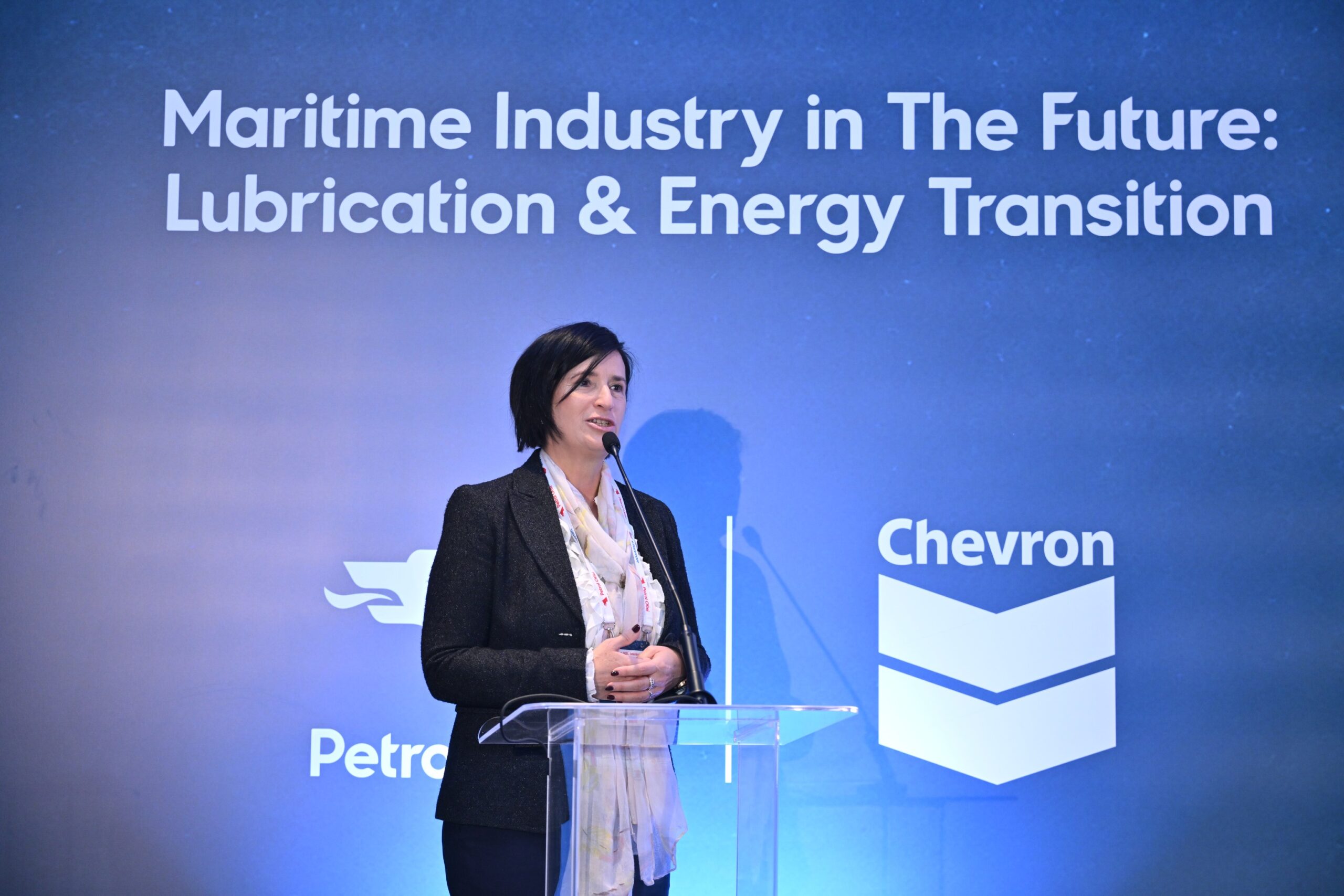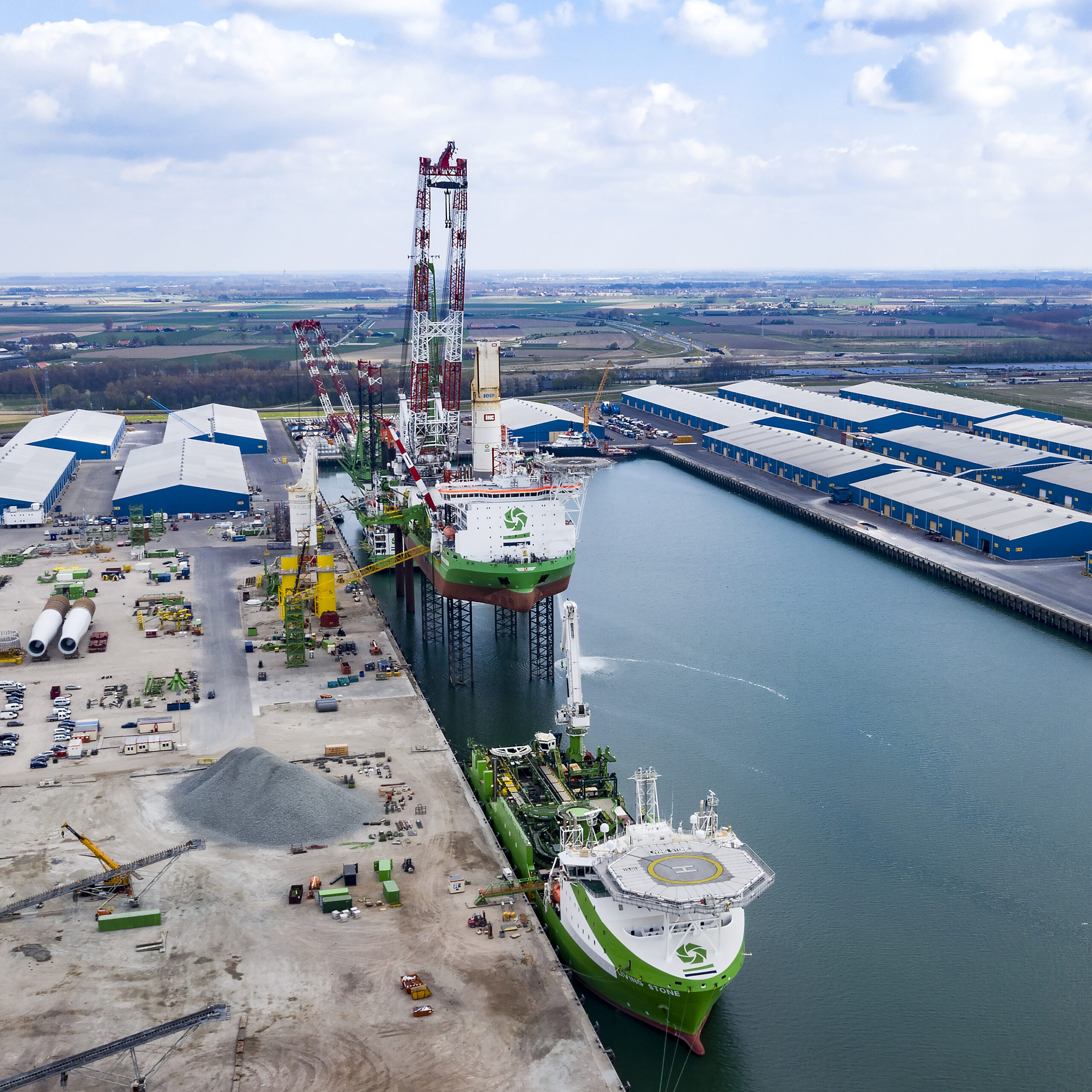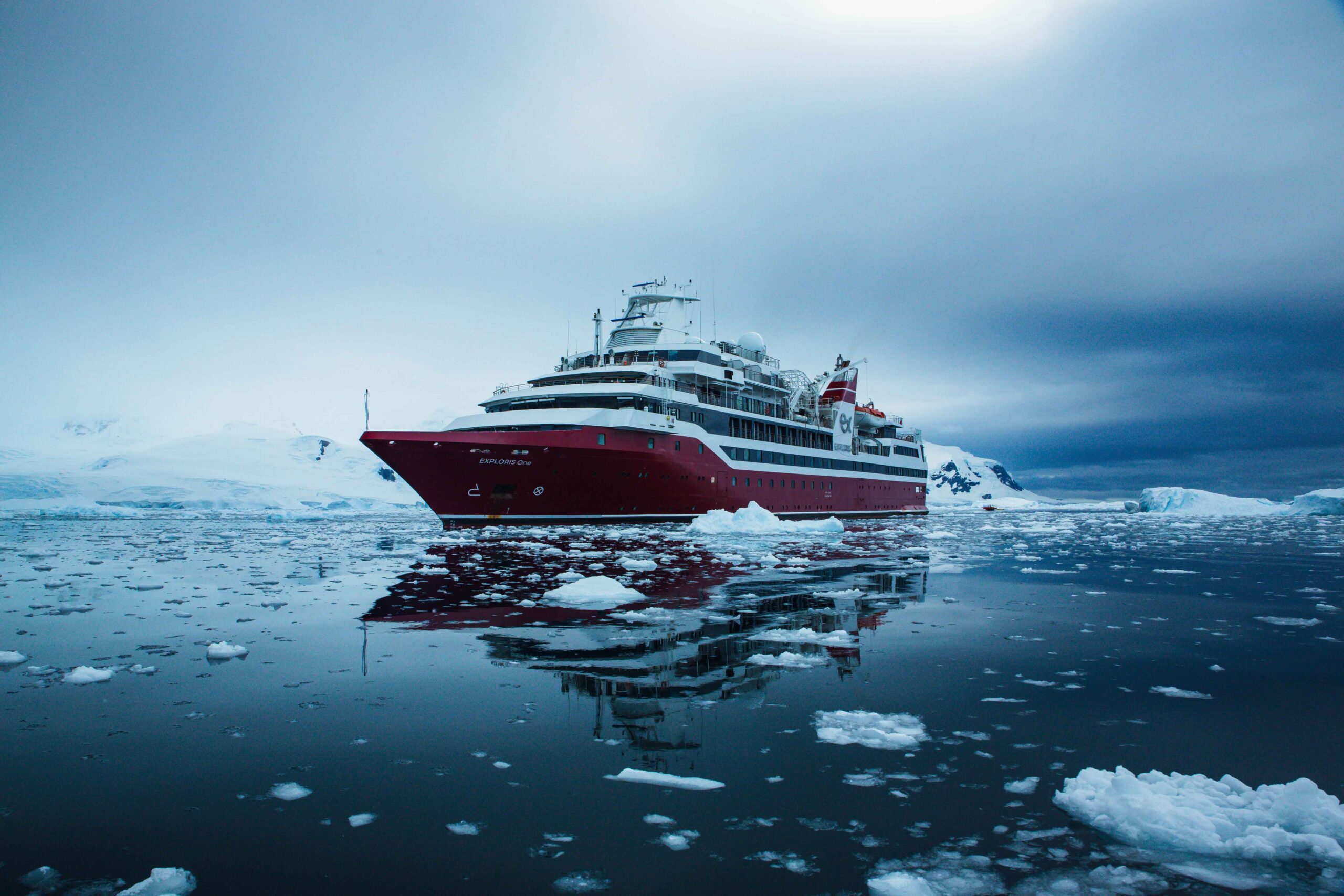Sabine Pass Liquefied Natural Gas (LNG) Terminal, Cameron Parish, Louisiana. LNG ship, Celestine River, moored at the unloading berth of Cheniere Energy’s $800M terminal following her maiden voyage with the project’s first cargo. Image: Bechtel
By John Kemp
LONDON, Dec 7 (Reuters) – The Obama administration will find it almost impossible to refuse permission for more liquefied natural gas (LNG) exports now that a report from outside consultants has concluded unequivocally that exports would be a net benefit to the U.S. economy.
Current law requires the Department of Energy to approve export applications unless it can show they are not in the public interest, which will be hard to do given that a detailed economic study has now concluded the extra revenues from export sales will more than offset the impact of higher domestic gas prices on consumers and energy-consuming businesses.
The department has already approved one application to export up to 16 million tonnes per year (equivalent to 2.2 billion cubic feet per day) from Sabine Pass, a subsidiary of Cheniere Energy. Another 15 applications have been submitted to export an additional 21.5 billion cubic feet per day, 10 times as much as Sabine Pass.
Unless it can show a good reason why these projects are different from Cheniere’s, individually or cumulatively, the department cannot block them without being accused of acting in an “arbitrary and capricious” manner and risking judicial review under the Administrative Procedure Act (5 USC 706(2)(A)).
RATIONALITY REQUIRES APPROVAL
Sabine Pass submitted detailed consultancy reports showing there was more than enough gas as a result of the shale revolution to export 2.2 billion cubic feet per day without impinging on the availability of gas for domestic consumers.
If all the pending applications are granted, their combined exports could obviously have a much bigger impact on domestic availability. But the department’s new study questions whether global demand would ever support exports at this level and in any event concludes they would provide net benefits. (“Macroeconomic Impacts of LNG Exports from the United States” December 2012,)
It will therefore be difficult to argue that they are not in the public interest. The most that the administration can do, under current law, is seek to impose conditions on its approval.
Possible conditions might include a ceiling on overall volumes, a requirement for project developers to identify additional sources of gas for their projects or some form of long-term review of the effects on domestic gas prices.
CONGRESS COULD CHANGE THE LAW
If policymakers want to restrict exports more severely or ban them outright, the only way would be to get Congressto change the law. Some legislators have already expressed concerns that cheap “American gas” should be kept at home and reserved for U.S. consumers and businesses.
Legislation introduced by Democratic Congressman Edward Markey would suspend further export approvals until 2025 (North America Natural Gas Security and Consumer Protection Act, HR 4024). Changes to the statute appear unlikely to pass, however, because they would need to draw support from a significant number of Republicans in the House of Representatives.
Without a change in the law, the Obama administration would have to approve a significant number of export applications and would be able to attach only fairly weak conditions.
PERMITS FOR EXPORTS AND TERMINALS
The Natural Gas Act states that no one can import or export natural gas from the United States to a foreign country without first obtaining permission from the Secretary of Energy. But it then goes on immediately to state that permission shall be given unless the secretary finds the proposed imports or exports “will not be consistent with the public interest”. (15 USC 717b(a)).
In the case of countries with which the United States has a free trade agreement (FTA) such as Canada and Mexico, exports are automatically “deemed to be consistent with the public interest” and must be granted “without modification or delay” (15 USC 717b(c)).
For all other countries, the secretary may hold hearings, and make such modifications and impose such conditions as it finds “necessary and appropriate” and “for good cause shown” (15 USC 717b(a)).
The Energy Department also has exclusive authority under the Natural Gas Act to approve the siting, construction, expansion and operation of LNG terminals (15 USC 717b(e)).
In addition it has authority, specifically delegated under an executive order, to wield the president’s powers over the construction, operation, maintenance and connection for natural gas facilities at the border of the United States for exporting or importing gas to or from a foreign country – the natural gas equivalent of the president’s power to approve the Keystone XL oil pipeline.
The Department must find that the siting and construction permit is in the public interest and may attach such conditions “as the public interest may in its judgement require” (Ex Ord 10,485).
PUBLIC INTEREST CONDITIONS
The department has already granted (automatic) permission for 17 projects to export a total of up to 24.2 billion cubic feet per day to countries with which the United States has a free trade agreement.
Many of these same projects have also applied for permission under the non-automatic provisions to export to non-FTA countries to give themselves more flexibility and access to bigger markets. The complete list is available on the Department’s website ().
If the Department feels compelled to grant these applications, it could try to attach conditions to minimise the impact on domestic gas users.
The most obvious would be to set a ceiling on the overall amount of gas that can be exported. The Department asked its external consultants to study the impact on the U.S. economy of a low level of exports (6 billion cubic feet per day), a high level (12 billion) and no export constraints. It could try to cap exports at one of these levels and prioritise applications in date order or pro rate them.
Another option would be to ask exporters to identify additional sources of gas to support their projects and ensure they do not have a significant adverse effect on the availability of domestic supplies.
The department already requires applications to contain details about “the source and security of the natural gas supply to be … exported, including contract volumes and a description of the gas reserves supporting the project during the term of the requested authorisation” (10 CFR 590.202(b)(2)).
In its successful application for non-FTA export approval, Sabine Pass submitted evidence about the general adequacy of U.S. gas supplies. The department could require that subsequent applications contain more detailed evidence of the gas supplies that would be used to supply LNG export terminals and to show that they are genuinely additional.
Finally, the department could make approval conditional on a review of how projects affect the gas market in practice in a few years’ time.
None of these conditions would be wholly satisfactory.
If the department tried to impose a limit on the volume of exports, it would struggle to define and defend a rational cap: why should the limit be set at 6 billion rather than 10 billion, 12 billion or 20 billion cubic feet per day? How would the department allocate approvals if project developers apply to export more gas than the proposed limit?
As for restricting the sources of gas for export, the problem is that gas is a fungible commodity widely traded both nationally and internationally. It is not clear that project developers could identify specific wells and fields as the source of their gas to prove it was genuinely additional supply.
Any post-approval review process would threaten projects with unacceptable uncertainty. No one would build an expensive LNG terminal if the department reserved the right to revoke its permission to export subsequently if gas prices rise.
Unless Congress rewrites the law, which seems unlikely at this point, most LNG export projects seem set to be approved. If the department does attach conditions, they are likely to be weak and essentially cosmetic.
© 2012 Thomson Reuters.
Unlock Exclusive Insights Today!
Join the gCaptain Club for curated content, insider opinions, and vibrant community discussions.

 Join The Club
Join The Club



![US Has Almost No Excuse to Not Export More LNG [COLUMN]](https://gcaptain.com/wp-content/uploads/2012/12/SabinePassLNG_132184.jpeg)









